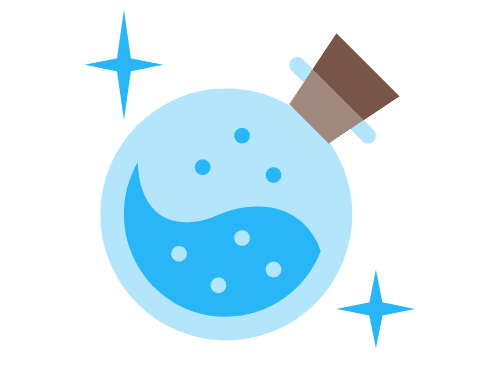In Part 1 of our exploration, we delved into the fascinating realm of ancient healing practices rooted in mythology. Continuing our journey, Part 2 takes us further into the intriguing world of mythical remedies, gods of healing, and rituals from various cultures, shedding light on the enduring wisdom that continues to inspire modern medicine.
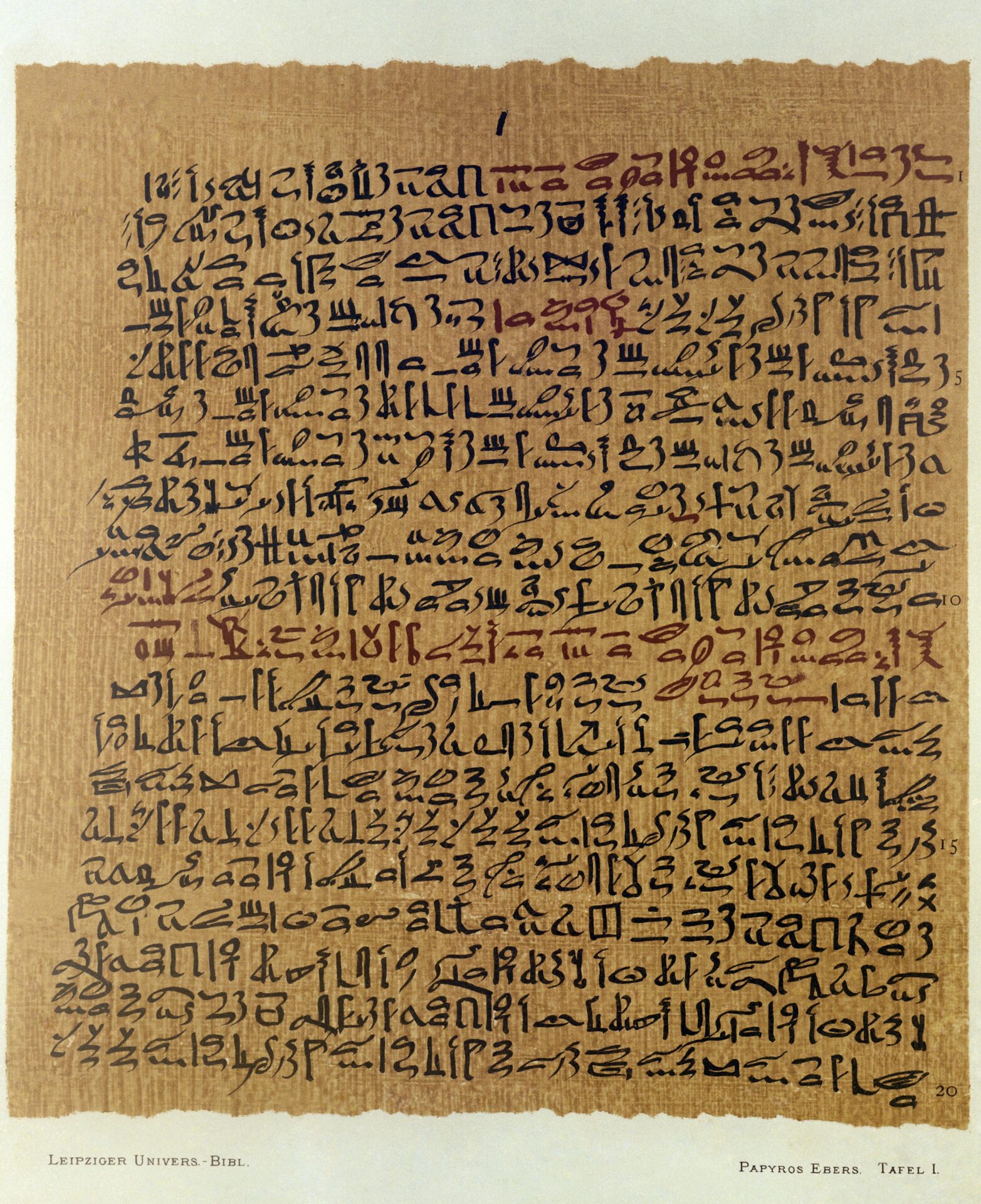
Egyptian Mythology: Thoth and the Sacred Knowledge
In ancient Egypt, the god Thoth was revered as the patron of medicine and knowledge. Egyptians believed in the power of written spells and rituals, often inscribed on papyrus scrolls and amulets. The Ebers Papyrus, one of the oldest medical texts in existence, contains prescriptions and remedies for various ailments, reflecting the deep connection between mythology, magic, and medicine in ancient Egyptian society.
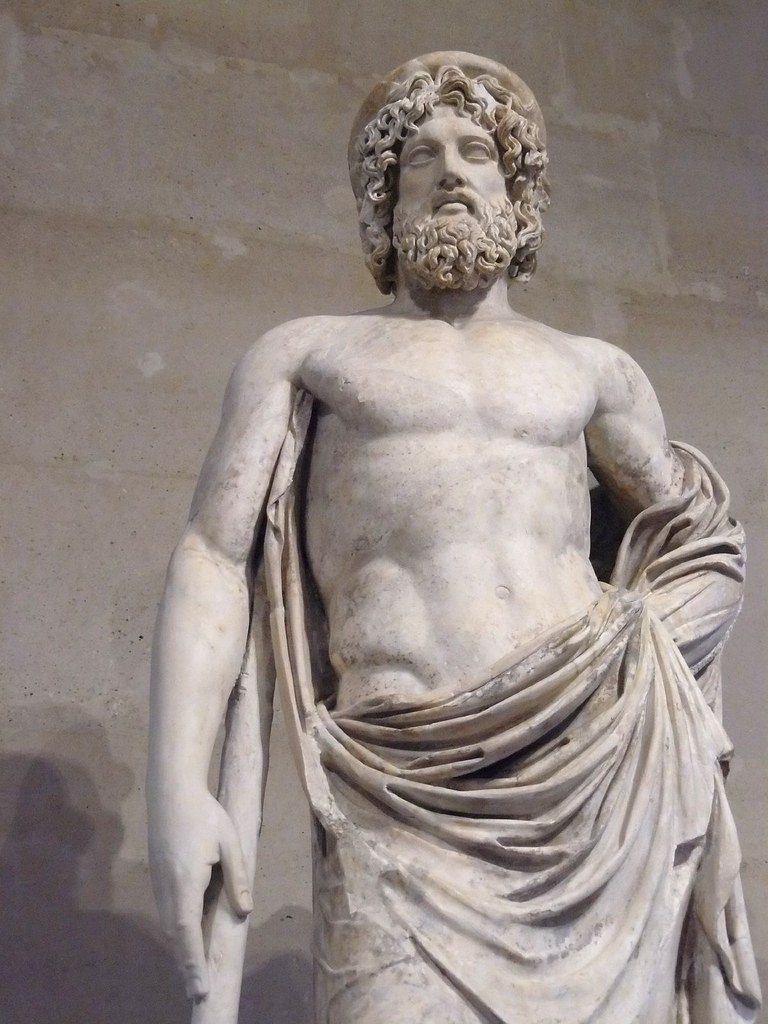
Roman Mythology: The Influence of Asclepius
Under the name Aesculapius, the Romans also worshiped Asclepius, who had influences from Greek mythology. Temples dedicated to Aesculapius, called Aesculapia, were centers of healing where patients sought cures through rituals and offerings. The Romans believed in the power of divine intervention, and their medical practices often intertwined with religious beliefs, emphasizing the importance of faith and spirituality in the healing process.
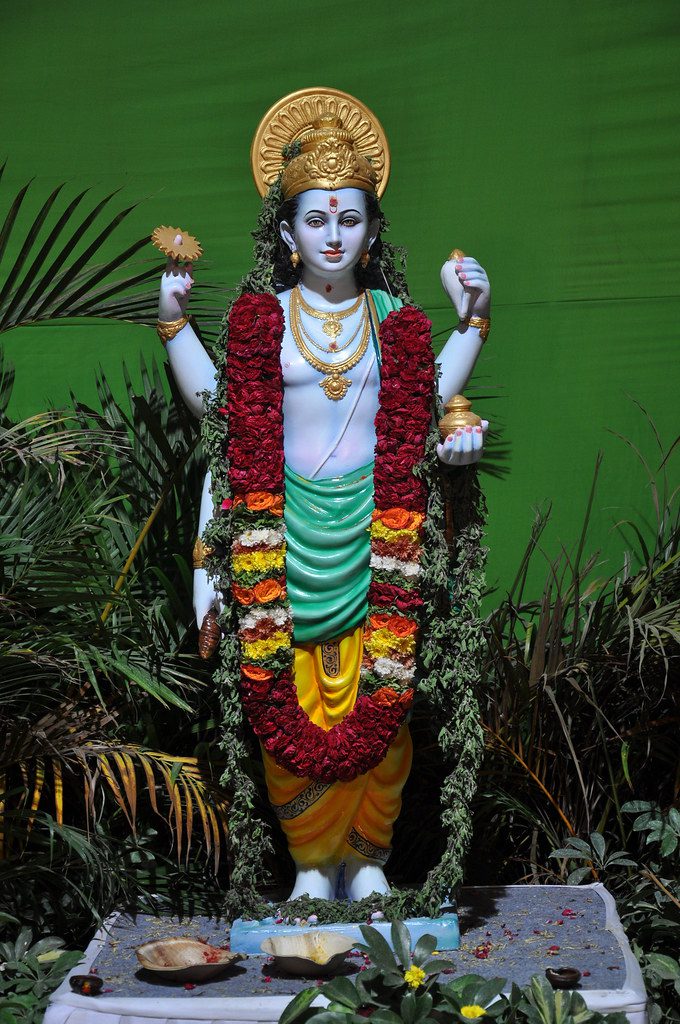
Hindu Mythology: Dhanvantari and the Origin of Ayurveda
In Hindu mythology, Dhanvantari, an incarnation of Lord Vishnu, emerged from the churning of the cosmic ocean holding a pot of nectar, symbolizing healing and immortality. Dhanvantari is considered the divine physician and is credited with the origin of Ayurveda, the ancient system of medicine in India. Ayurveda emphasizes the balance of energies within the body and encompasses a wide range of treatments, including herbal remedies, diet, and lifestyle practices, all deeply rooted in Hindu mythology and spirituality.
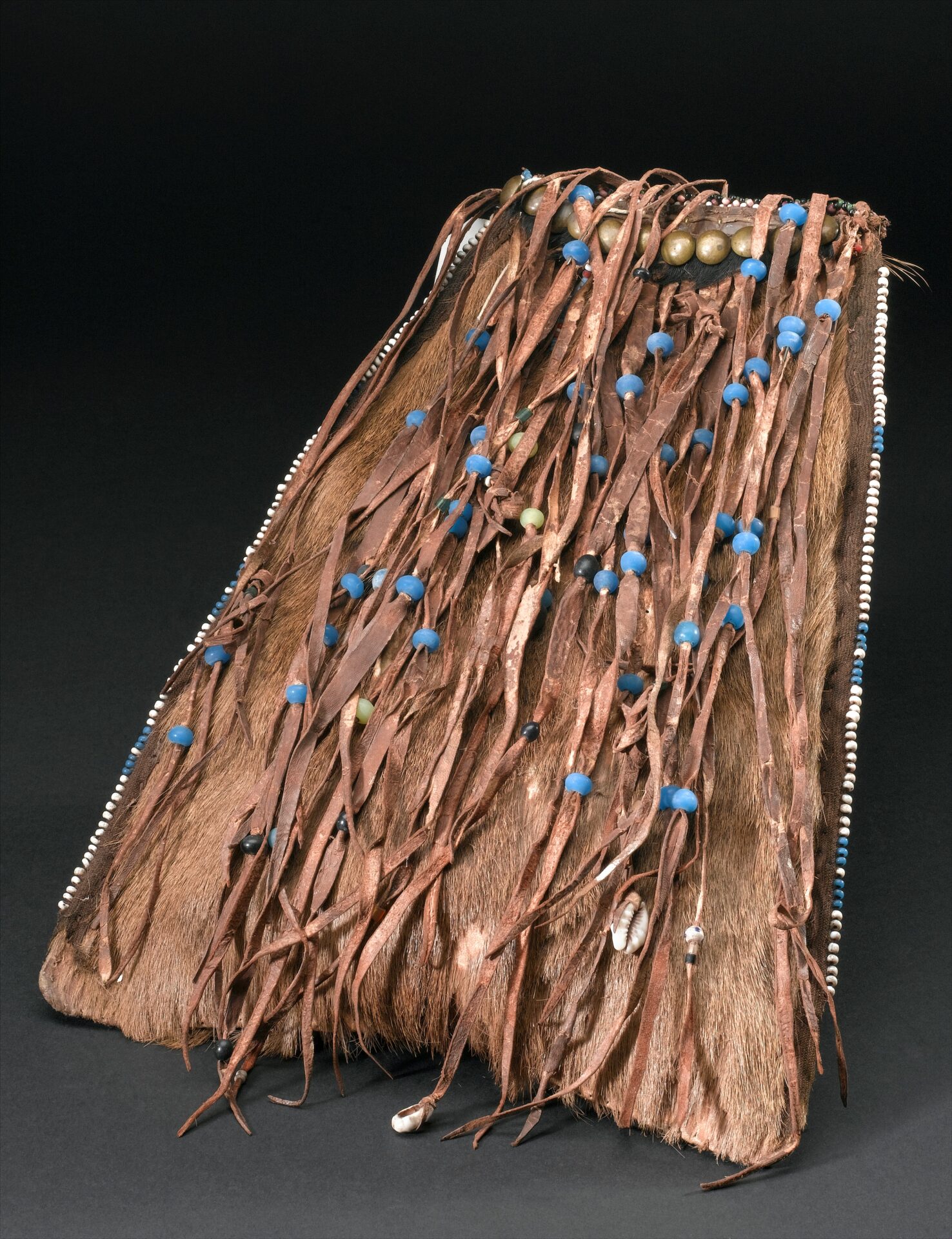
African Mythology: Ancestral Spirits and Healing Rituals
African mythology is as diverse as the continent itself, with each tribe and region having its own unique beliefs and practices related to health and healing. Ancestral spirits are often venerated, and rituals involving dance, music, and herbal remedies are performed to communicate with these spirits and seek their guidance for healing. The interconnectedness of the living, the dead, and the spiritual world forms the foundation of African healing traditions, emphasizing the importance of harmony and balance for overall well-being.
In Part 2 of our exploration into folklore and mythology in medicine, we have uncovered the rich tapestry of ancient healing practices from cultures around the world. From Egyptian spells to Roman rituals, Hindu Ayurveda to African ancestral spirits, these traditions reflect the profound influence of mythology on the evolution of medicine. The timeless wisdom embedded in these myths continues to inspire and shape modern healthcare practices, reminding us of the holistic approach to health that our ancestors embraced. Join us in the next installment as we further unravel the mysteries of folklore and mythology in the world of medicine.
Stay tuned for Part 3, where we will dive even deeper into the captivating stories and rituals that have shaped the fascinating intersection of mythology and medicine.
